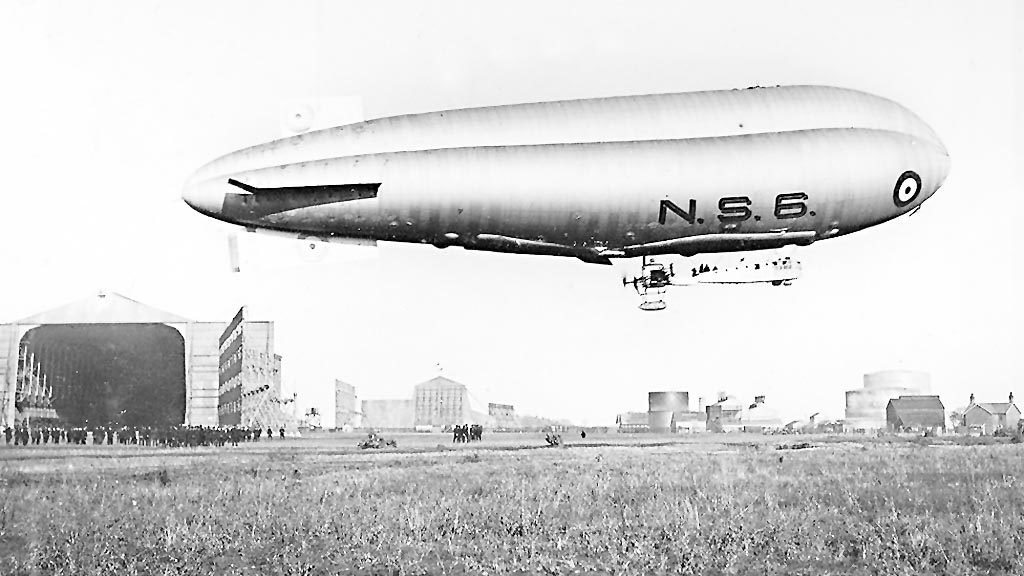NORTH SEA class gallery








(Aleksandar 2017 prototype image). Although Nora B-52 family of 155mm wheeled self-propelled howitzers offers truly excellent capabilities, Yugoimport SDPR decided to...
In 2005, the Patria company began developing a system to integrate a 155 K 98 howitzer onto the chassis of a...
In 1976, engineer Viktor Aleksandrovich Shurygin of the Titan Design Bureau in Volgograd began designing a new artillery system for coastal...